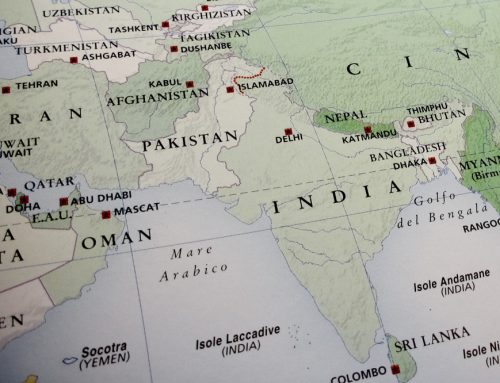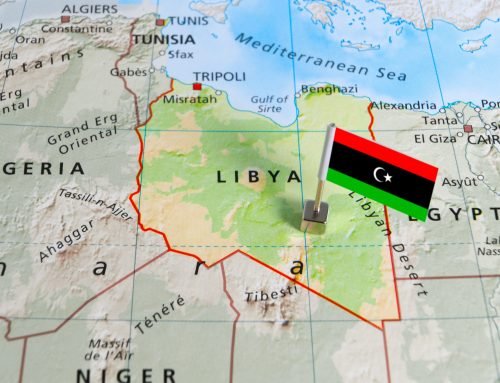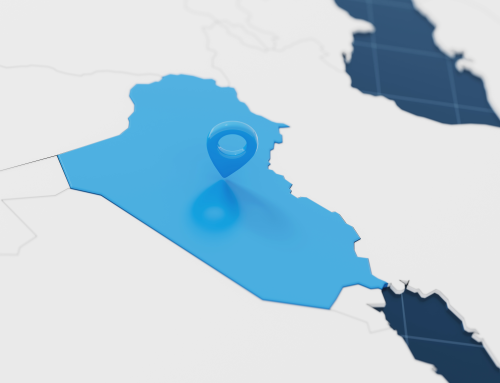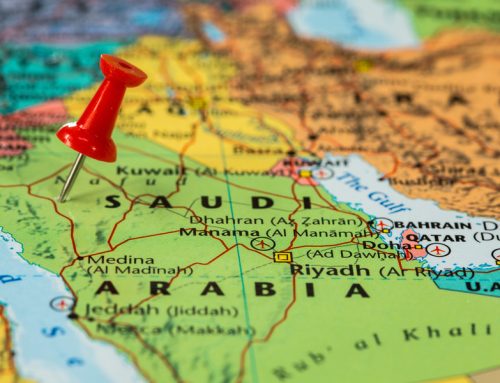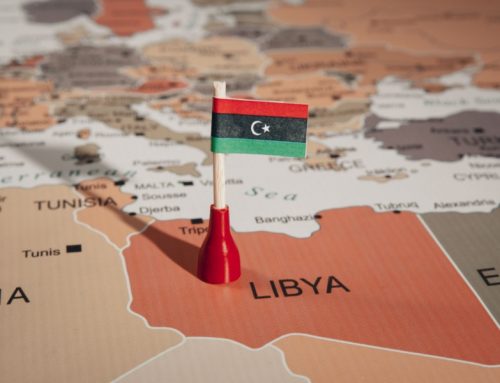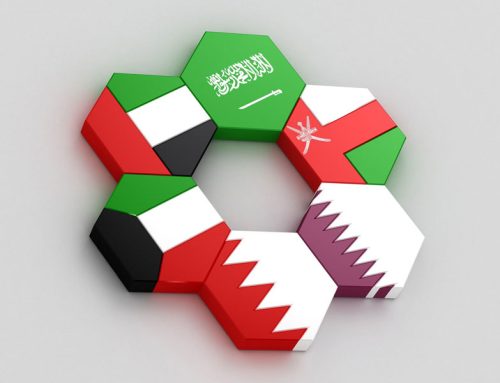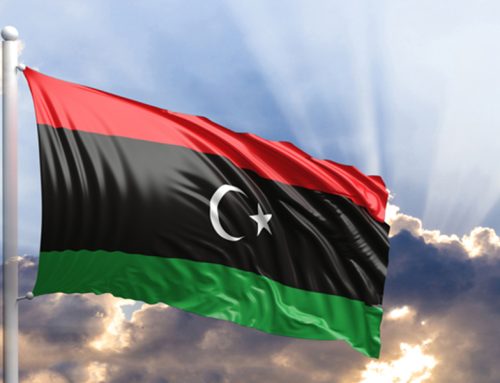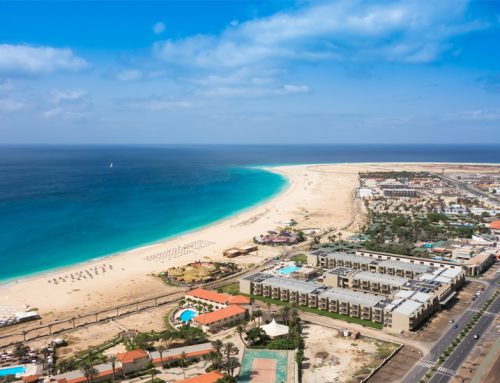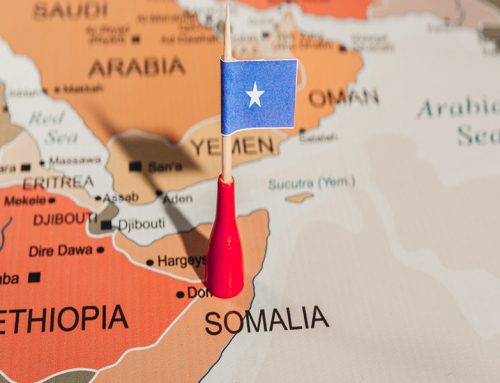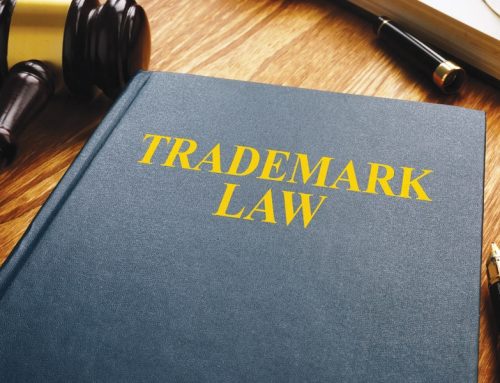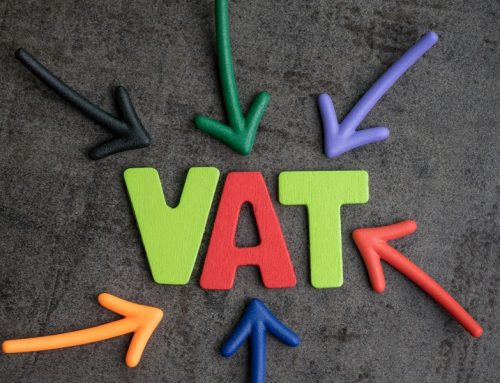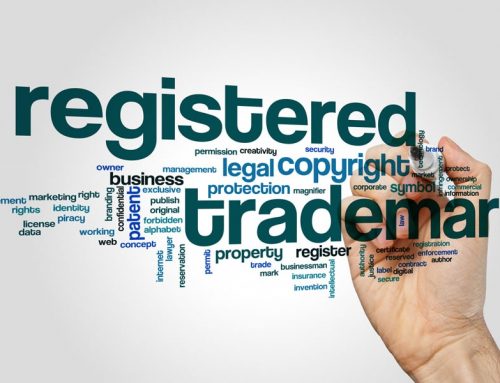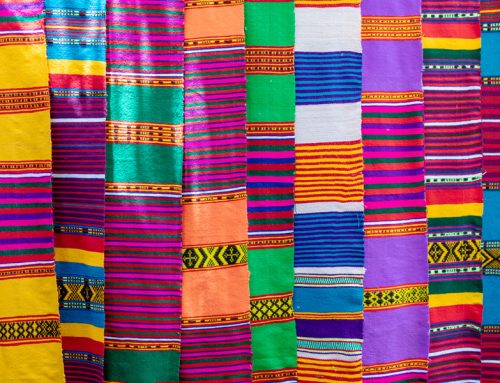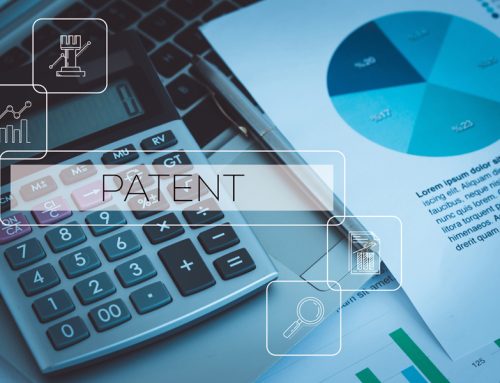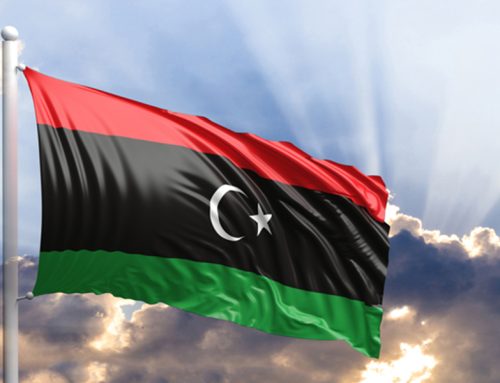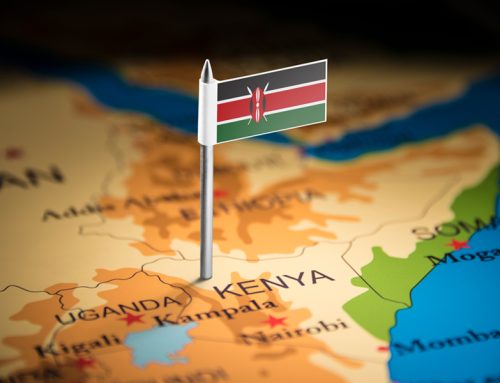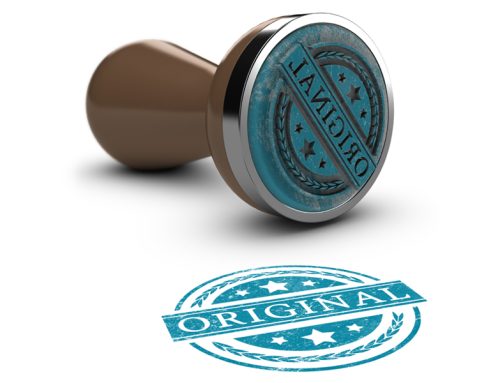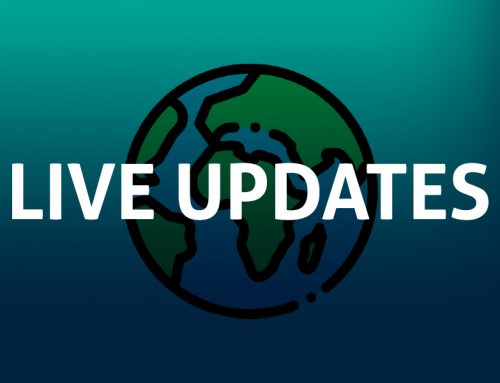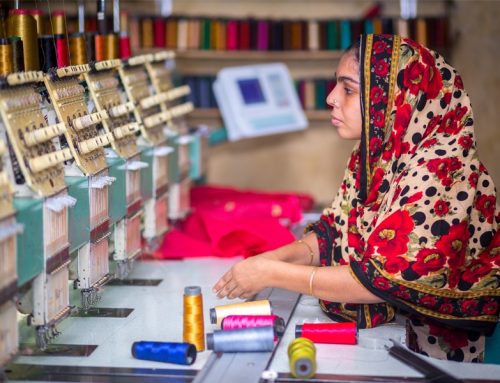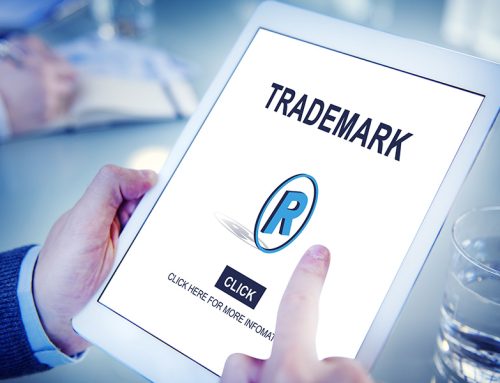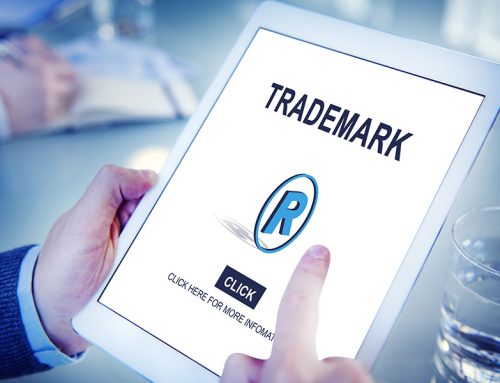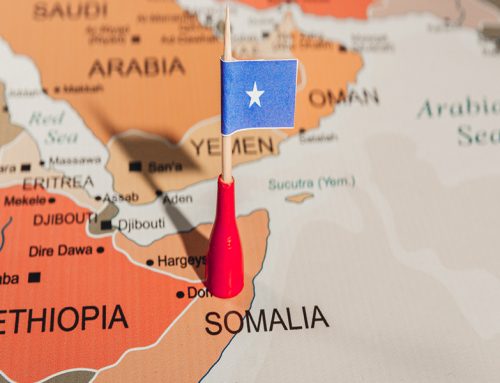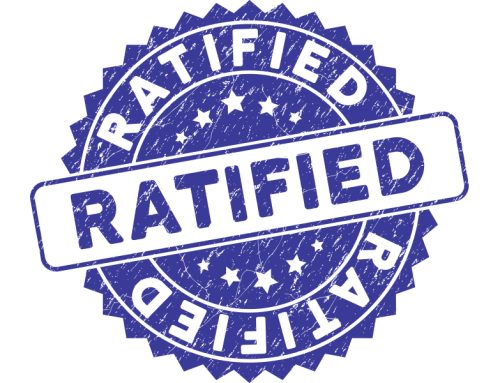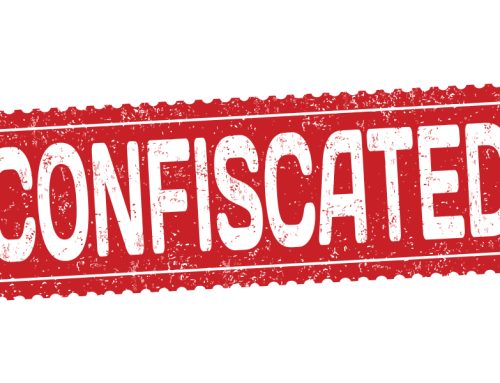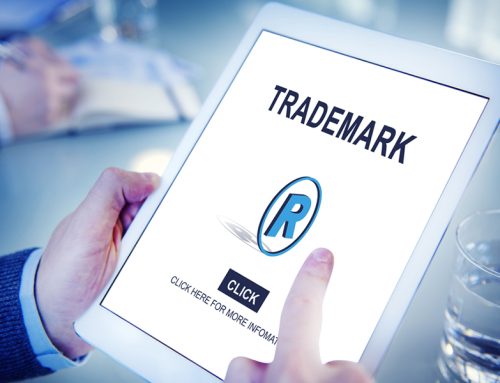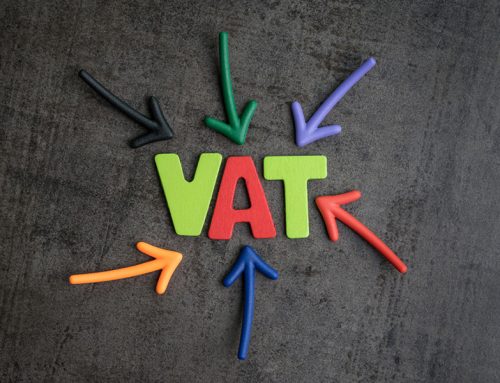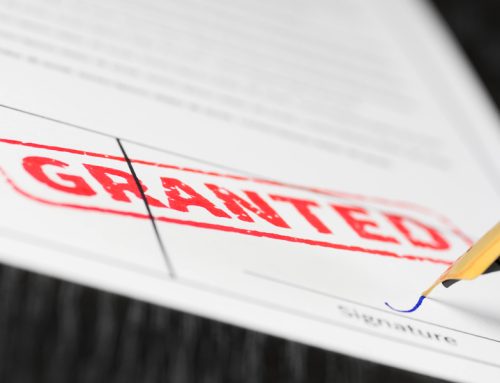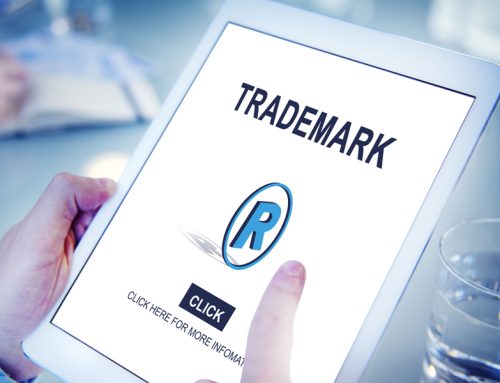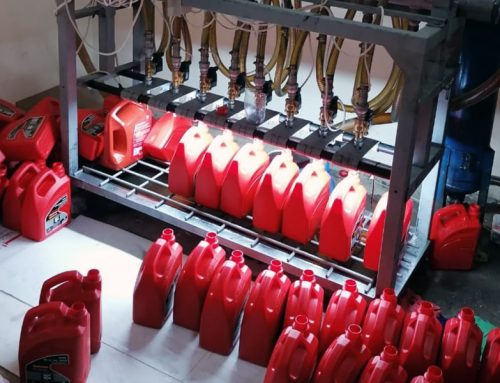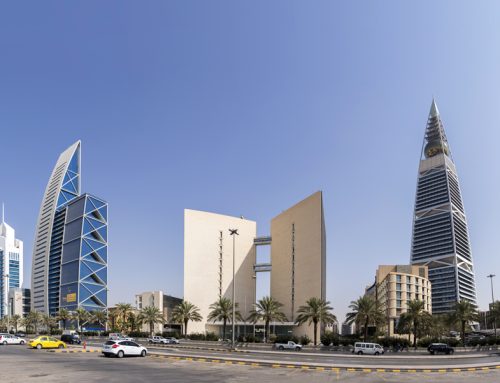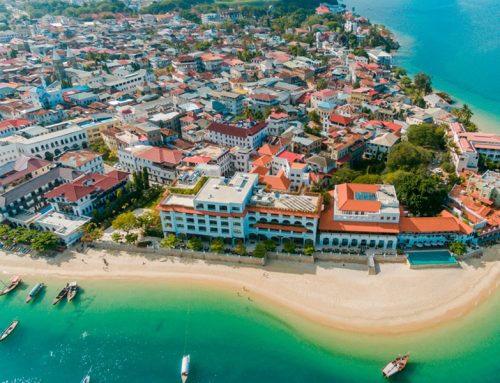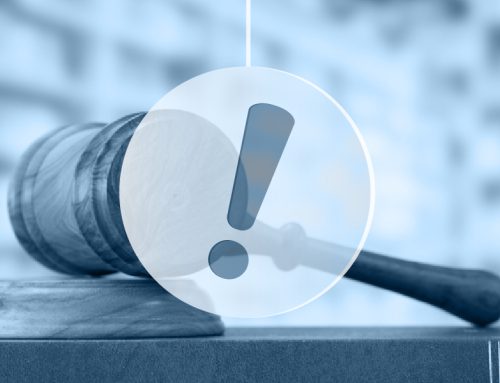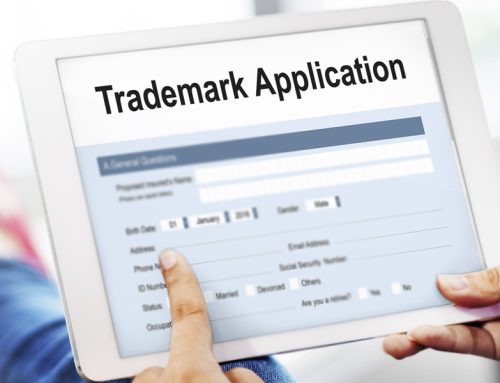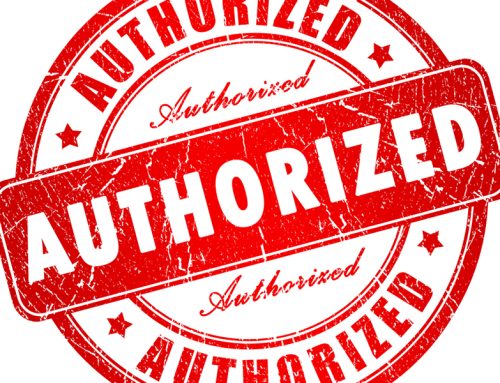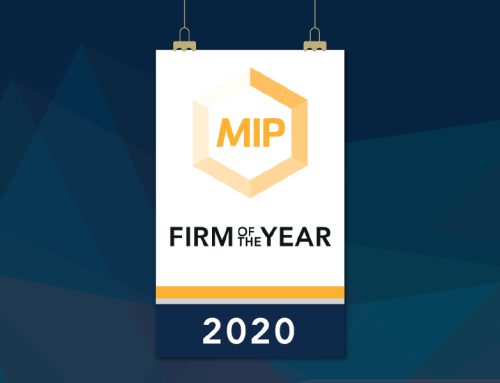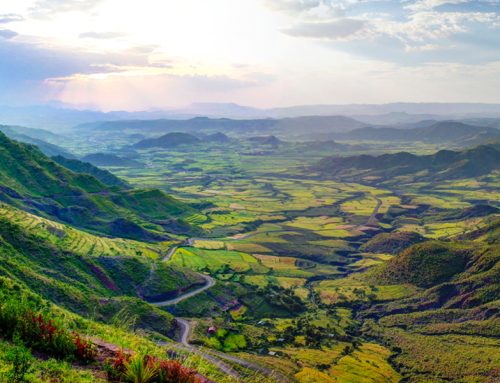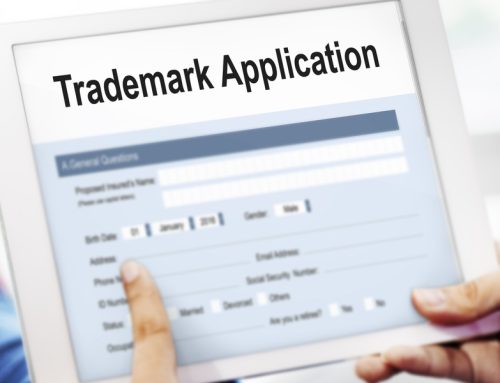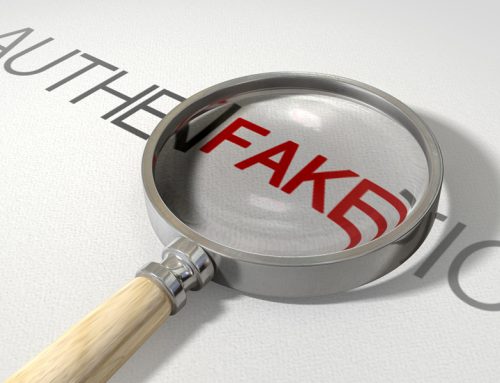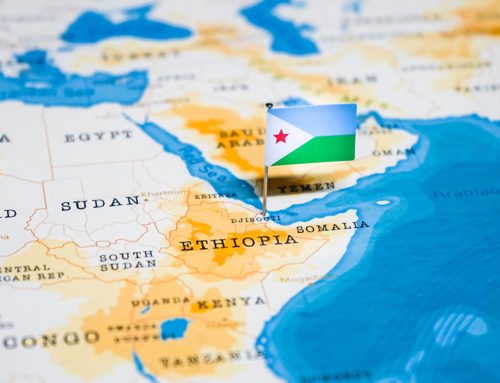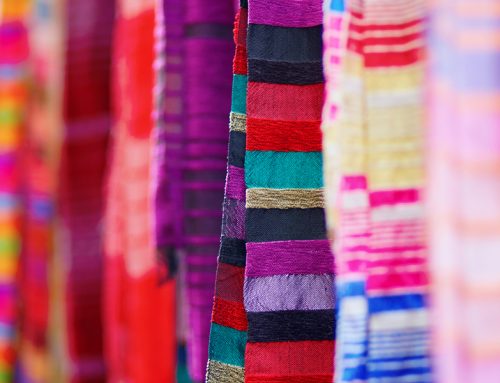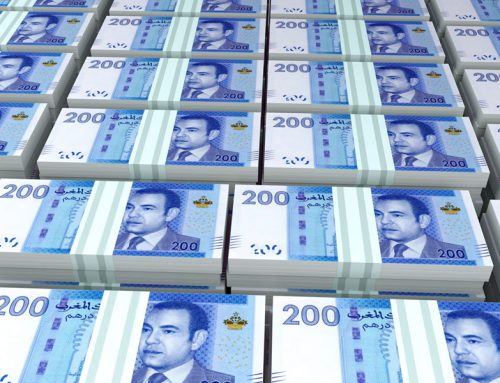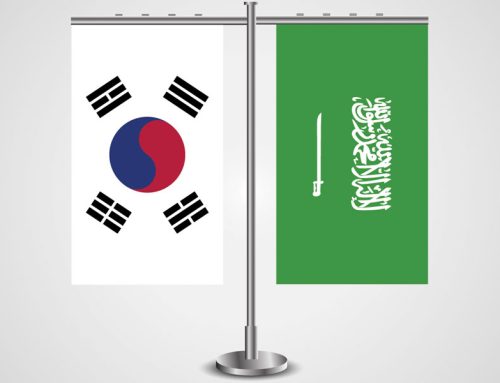Our annual “Year in Review” feature sums up the most important intellectual property (IP) news and developments that unfolded over the past year in the Middle East, Africa, and their neighboring regions.
This past year has been an exceptional one, to say the least. With the pandemic raging across borders and a global lockdown in force, many Patent and Trademark Offices (PTOs) in the region took advantage of their online services and adopted virtual hearings to ensure proper social distancing. These initiatives, among others taken by the various PTOs, demonstrate a ubiquitous commitment to innovation and the importance of IP to the local economies of the countries in the region.
We, at Saba IP, also took extraordinary measures to ensure operational continuity and keep providing an uninterrupted service to our clients. Our professionals across the region made use of the firm’s technological and operational infrastructure to work remotely and access our secure servers through encrypted connections that ensure the confidentiality, integrity, and availability of all emails and documents. Such measures implemented by the firm continue to mitigate the spread of the virus and ensure all our regional offices maintain the world-class service that our clients have grown accustomed to receiving from Saba IP.
Official fees were revised across a few jurisdictions this past year, mainly Tunisia and the United Arab Emirates (UAE) to name a couple. We also witnessed the issuance of the Value Added Tax (VAT) Law in Oman and a significant increase in the VAT rate in Saudi Arabia to 15 percent from the previous rate of 5 percent. In the UAE we saw a further decrease in the official fees—which were previously among the highest in the region. This update follows the UAE’s decision last year to amend the fees for more than 1,500 government services in an effort to decrease the cost of doing business and bolster the competitiveness of the country to empower entrepreneurs and encourage the creation of new investment opportunities.
Perhaps the most notable update concerning trademarks from North Africa was the issuance of the first Official Gazette in Libya. After a long respite, and despite the current regional and global events, the Trademark Office in Libya resumed the publication of trademarks in the Official Gazette, with the inaugural issue being published on September 23, 2020. The first issue listed over 200 trademarks that were published for opposition.
On the patents front, we noticed an ongoing improvement of the economic landscape across the region. Saudi Arabia maintained its momentum to improving and strengthening the patent scene. The Saudi Authority for Intellectual Property (SAIP) signed several patent prosecution highway agreements with the United States, South Korea, and Japan. We expect these agreements, among other cooperation endeavors, to encourage further investment in developing innovative products and processes. Local and foreign investments have already catalyzed such developments and, in combination with growing markets and needs, it is only a question of time before certain local industries in the region become pioneers in their fields.
Other notable developments in the region worth pointing out are outlined below:
TRADEMARK UPDATES:
Updates on the Legal Scene:
Cyprus
The Commercial Trademark Act of 2020, along with the Implementing Regulations, were published in the Official Gazette and entered into force in June 2020. In addition to increasing the protection period of trademarks from 7 years to 10 years, the new provisions allow for a multi-class application system as well as the option of an amicable settlement during opposition. The new Law harmonizes the practice with the one adopted by the European Union.
Saudi Arabia
A new decision was issued in an effort to curb commercial fraud, which includes more stringent penalties for offenders of up to 5 years in prison and a fine of up to SAR 5 million (around USD 1.33 million). It is also worth noting that the definition of a commercial fraud crime has been expanded to include the act of selling and/or producing infringing or fraudulent products, or raw materials used to produce said products, that are harmful to human or animal health and safety.
In related news, the country also issued the Implementing Regulations of the Franchising Law in May 2020.
Procedural Changes:
Gaza
The Trademark Office in Gaza announced that it is planning on introducing an electronic platform for the filing of trademark applications. The new process will involve uploading an electronic application to the online system, along with a soft copy of the power of attorney.
Kuwait
Pharmaceutical products must be registered with the Ministry of Health (MOH) before being imported into the Kuwaiti market by local agents. The local agents, should in turn be authorized and licensed by the Ministry of Commerce and MOH to import and distribute such products in Kuwait.
Saudi Arabia
Trademarks previously managed by the Ministry of Commerce, have now been transferred under the umbrella of the SAIP. With that update, Saudi Arabia broadened the definition of a trademark and now allows the registration of surnames as marks. The examiners at SAIP will assess several aspects when examining the trademark application.
Following this update, SAIP accepted the first sound trademark application in Saudi Arabia, with the sound represented on the application by a musical notation. The application was examined as to form only, and was subsequently registered.
West Bank
The Trademark Office in West Bank announced that a scanned copy of the power of attorney must be submitted at the time of filing, and the legalized POA may be submitted within three months from the filing date.
Enforcement Updates:
Egypt
In a legal precedent in the country, a Court decision was issued to shut down online pages selling counterfeits and products bearing infringing trademarks. In addition to having their illicit online stores deactivated, the perpetrators were sentenced to two years in prison and fined 100,000 Egyptian pounds (around USD 6,374).
UAE
The Ajman Department of Economic Development (Ajman DED) seized counterfeit synthetic engine oil worth AED 20 million (around USD 5.5 million). Over 100,000 packets of oil bearing trademarks of Saba IP’s multinational clients were discovered by the authorities concerned, much to the chagrin of the counterfeiters.
PATENT UPDATES
Updates on the Legal Scene:
Egypt
Egypt ratified its accession to the International Convention for the Protection of New Varieties of Plants, which is known by the acronym UPOV. Egypt became a member of UPOV in December 2019.
Qatar
Qatar issued Law no. 10 of 2020 on the Protection of Industrial Designs in April 2020. Prior to the issuance of the Law, protection could be sought out by publishing cautionary notices at regular intervals in local Qatari newspapers.
Saudi Arabia
In January 2020, the Supreme Judicial Council announced that the Commercial Courts, along with the Commercial Departments of General Courts, will be handling all patent-related disputes.
The past year also marked Saudi Arabia’s accession to four key World Intellectual Property Organization (WIPO) treaties: the Strasbourg Agreement, Budapest Treaty, Locarno Agreement, and Vienna Agreement.
Turkey
Turkey published a set of guidelines on employee inventions and inventions made in higher education institutions. These updates clarify several aspects regarding inventions, such as the uncertainties regarding entitlement among institutions concerning inventions involving multiple institutions. In practice, the regulations will offer guidance to the authorities concerned when applying the Law, and will foster the necessary landscape to promote innovation.
COPYRIGHT UPDATES:
Saudi Arabia
SAIP issued the Implementing Regulations for Optional Registration of Copyright Works, authorizing the voluntary registration of architectural designs and computer software and applications, which must be filed through SAIP’s online platform. Although Saudi Arabia is a member of the Berne Convention for the Protection of Literary and Artistic Works, it is worth noting that voluntary registration may prove useful for evidential and enforcement purposes, by providing prima facie evidence of the existence, date, and author/owner of the relevant copyright work in Saudi Arabia.
While SAIP claims dominion over all IP matters, issues pertaining to copyright dispute resolution and enforcement are delegated to the Commercial Court and the Commercial Departments of General Courts.
Should you have any questions, or require any additional information, please contact us news@sabaip.com

